
Table of Contents
Understanding Section 80E of Income Tax Act
Keeping in mind the consistently rising cost for higher studies, there is no denying the fact that you may have to spend a significant amount of your savings to meet this requirement. Whether you want your children to pursue higher studies or you are going to do the same yourself, taking a loan for the same always seems to be a better option.
Thus, in case you are going with this scheme, keep in mind that the section 80E of the income tax Act 1961 will be catering to your higher education loans. How? Let's find that out in this post.

What is Section 80E?
Meant only for individuals, the Deduction can be claimed under this section in case the taxpayer has taken a loan for the higher education of children, spouse, self, or an individual for whom the person is a legal guardian.
It is easier for parents to claim deduction under section 80E in case they have taken a loan for the education of their children. However, make sure that the loan has only been sanctioned from a financial institution, a Bank or any of the approved charitable organizations.
A loan taken from relatives or family does not qualify for the deduction. And then, the loan should only be taken for higher studies, whether the student is pursuing it in India or any other country. Higher studies comprise all fields of study that is pursued after passing the senior secondary exam or any equivalent of it. It also includes both regular as well as vocational courses.
Eligibility for Section 80E Deduction
- This deduction is not for hindu undivided family (HUF) and companies but only for individuals
- The benefit can be claimed by the child as well as the parent, given that the beneficiary should be the one who is repaying the education loan
- The deduction can be claimed only if the loan is taken under the name of a person who is liable to pay Taxes
Talk to our investment specialist
Deduction Allowed in U/S 80E
The deduction amount that is allowed under the section 80E of the Income tax act is the total interest parts of the EMI paid during that financial year. There are no limitations on the maximum amount allowed for deduction. However, you would require a certificate from the bank or the financial authority that should have interest portion and the principal amount mentioned that you have paid during the financial year.
Keep in mind that you can claim deductions only for the interest paid and not for the principal repayment.
The Deduction Period Under 80E Income Tax
The deduction period for the loan interest begins from the year you start repaying the loan and lasts only up to 8 years or until the complete interest is repaid, whichever would be earlier. This means, that if you manage to repay the interest amount in 6 years, then the tax deduction under 80E of the income tax act will only be allowed for 6 years and not 8 years. You must also keep a note of the fact that if the tenure of your loan exceeds 8 years, you will not be able to claim a deduction for the interest paid after that. Thus, it is recommended by the experts to keep the loan tenure lesser than 8 years.
Conclusion
It is quite inevitable that higher education can be an expensive thing. In such a scenario, when you opt for an education loan, EMIs and additional interest can be assured headache. So, make sure that you get the most out of section 80E and claim the deduction for up to 8 years. This can help you save significantly. Hence, don’t forget to take a written proof from the financial institute and add the same while filing an ITR.
All efforts have been made to ensure the information provided here is accurate. However, no guarantees are made regarding correctness of data. Please verify with scheme information document before making any investment.
You Might Also Like
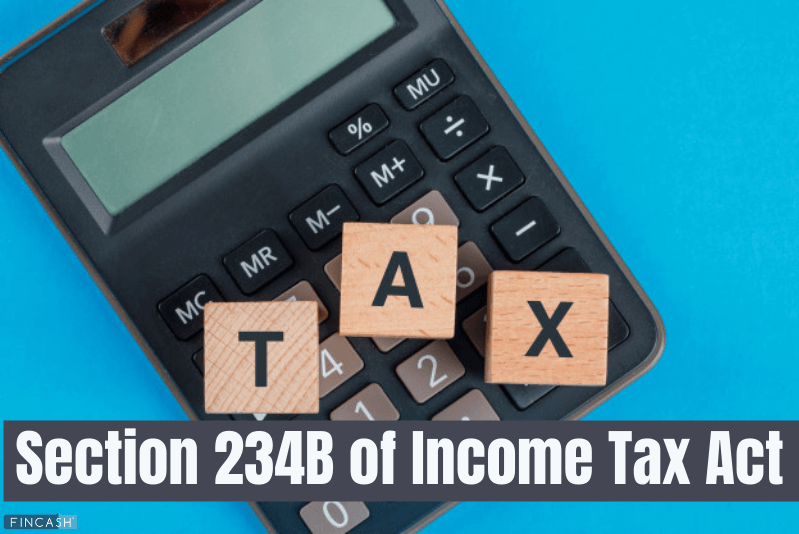


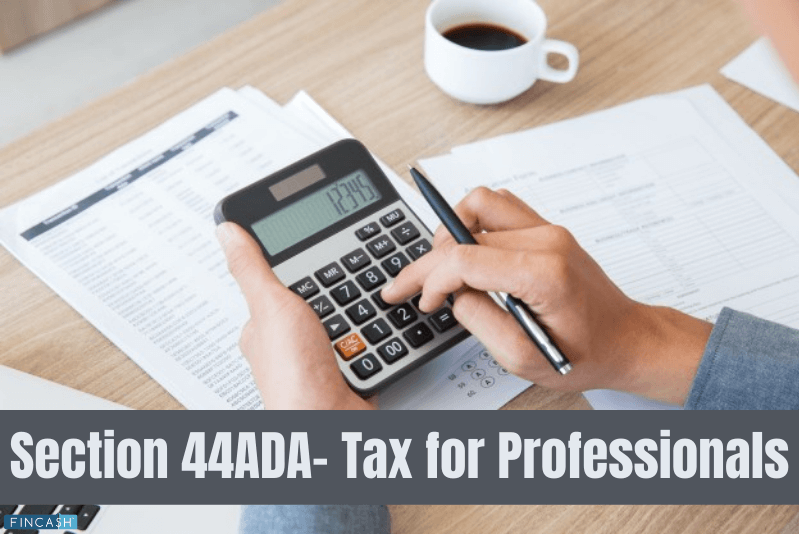
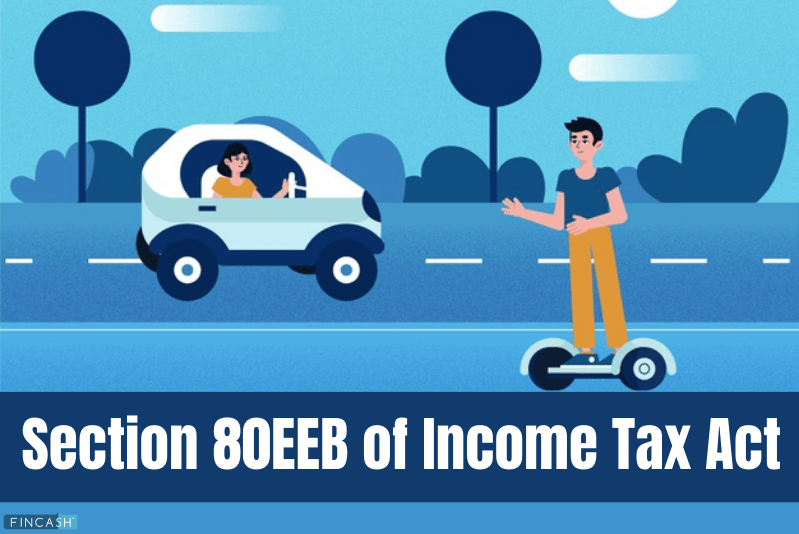
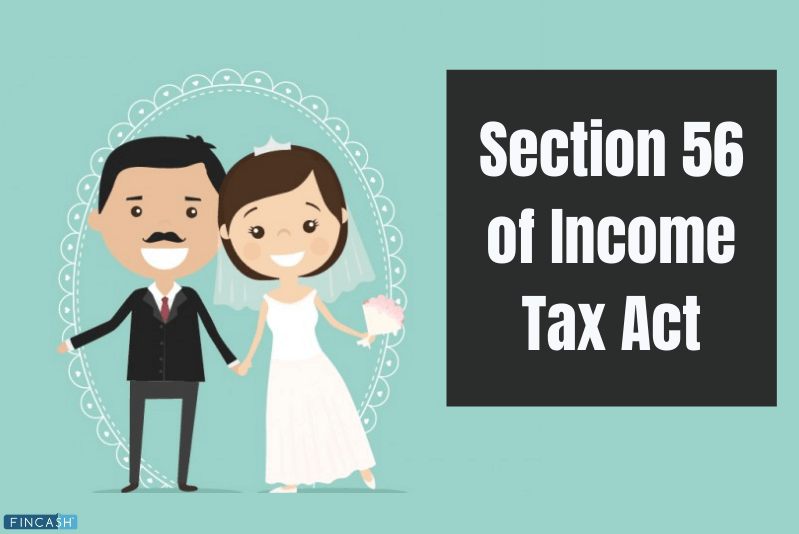
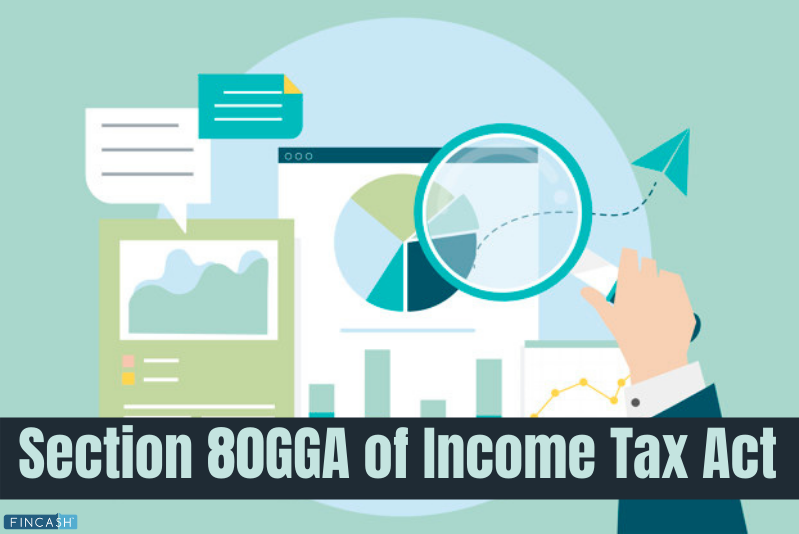






Thank sir aap ka knowledge best hai thank you so much sir